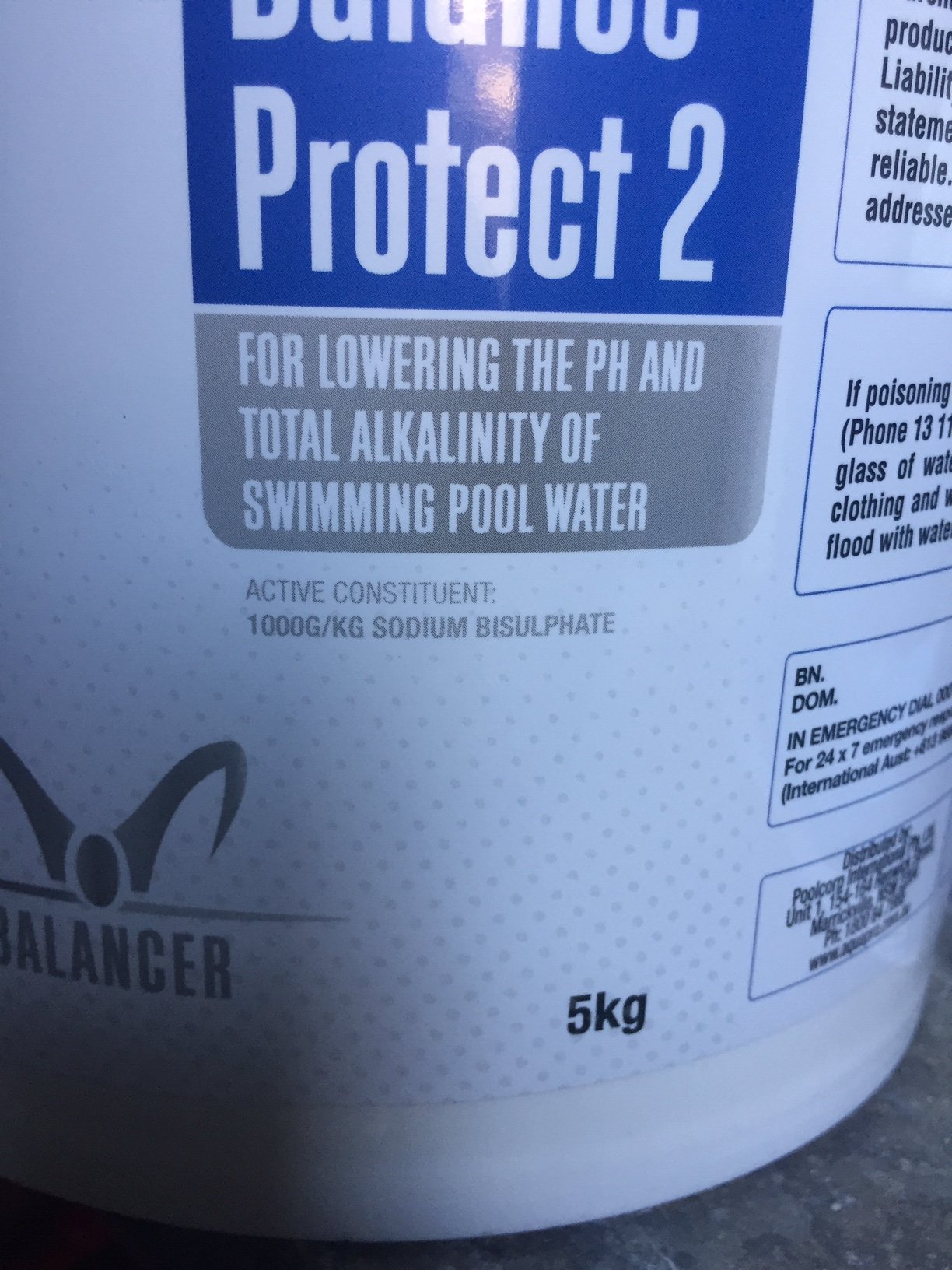Swarbs
New Member
- Joined
- Aug 12, 2017
- Messages
- 4
- Reaction score
- 1
hey all,
I have a Question on why I can’t find any info on using sodium bisulphate to lower the PH in mash water. I can find articles on food preparation and wine making and even pool water adjustment (not food grade) but nothing on beer brewing. I have read that it can be used as a preservative does this effect the yeast even with the small amounts needed to lower PH from 7.8 - 5.2. Any info would be much appreciated before I give it a test run
I have a Question on why I can’t find any info on using sodium bisulphate to lower the PH in mash water. I can find articles on food preparation and wine making and even pool water adjustment (not food grade) but nothing on beer brewing. I have read that it can be used as a preservative does this effect the yeast even with the small amounts needed to lower PH from 7.8 - 5.2. Any info would be much appreciated before I give it a test run


















































![Craft A Brew - Safale BE-256 Yeast - Fermentis - Belgian Ale Dry Yeast - For Belgian & Strong Ales - Ingredients for Home Brewing - Beer Making Supplies - [3 Pack]](https://m.media-amazon.com/images/I/51bcKEwQmWL._SL500_.jpg)







